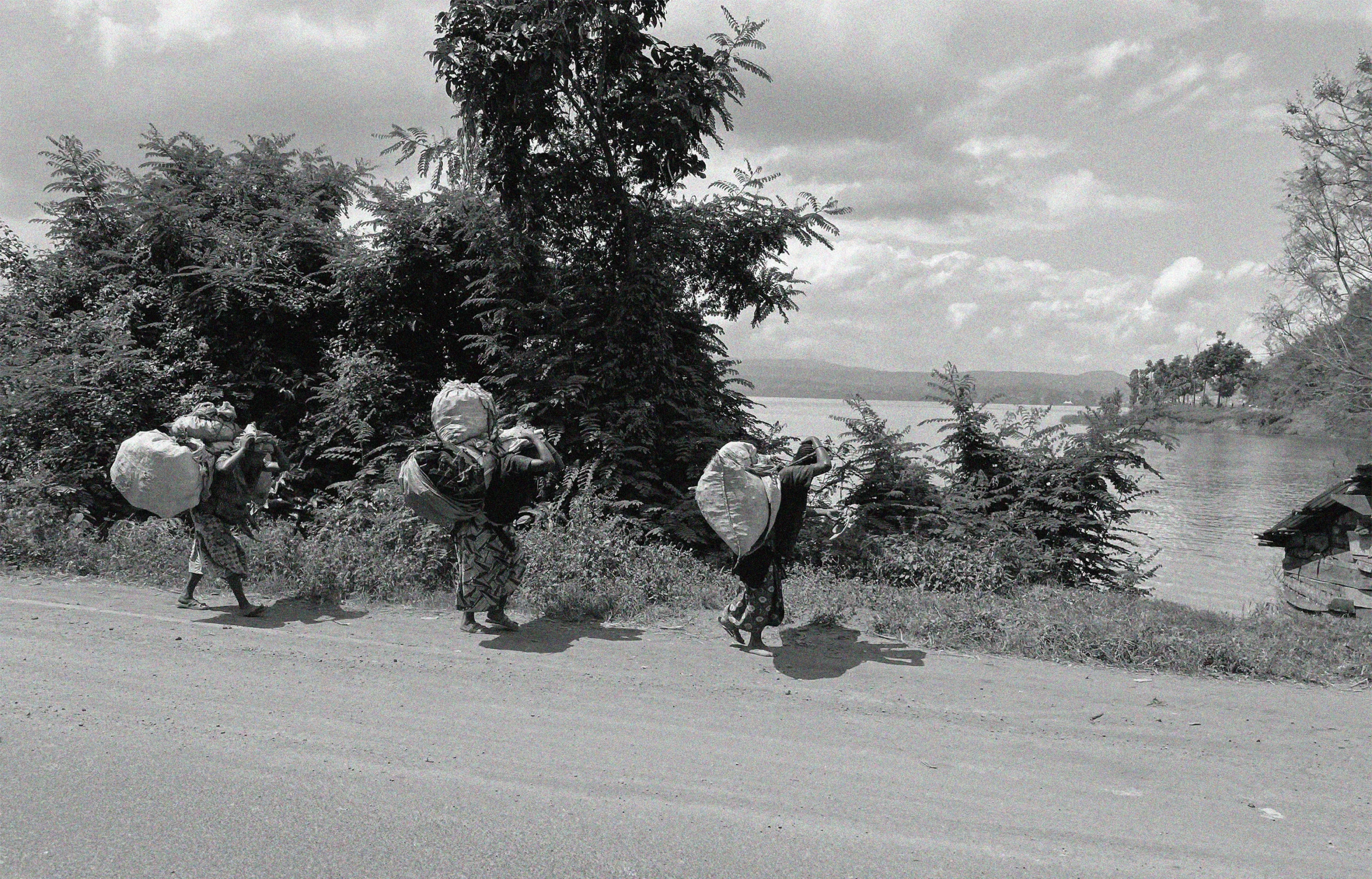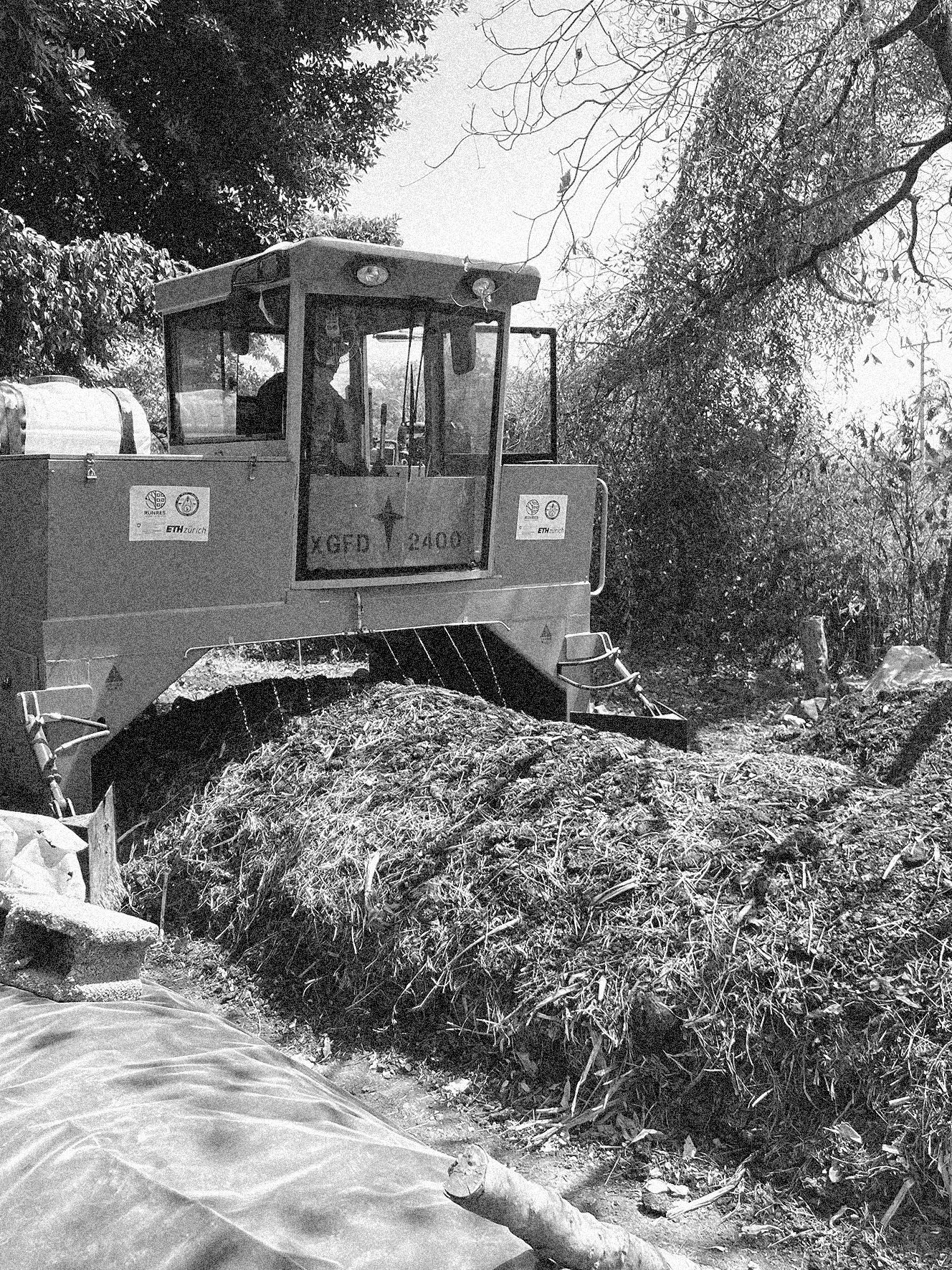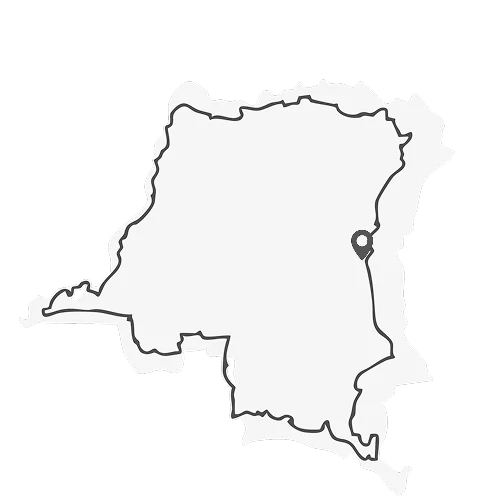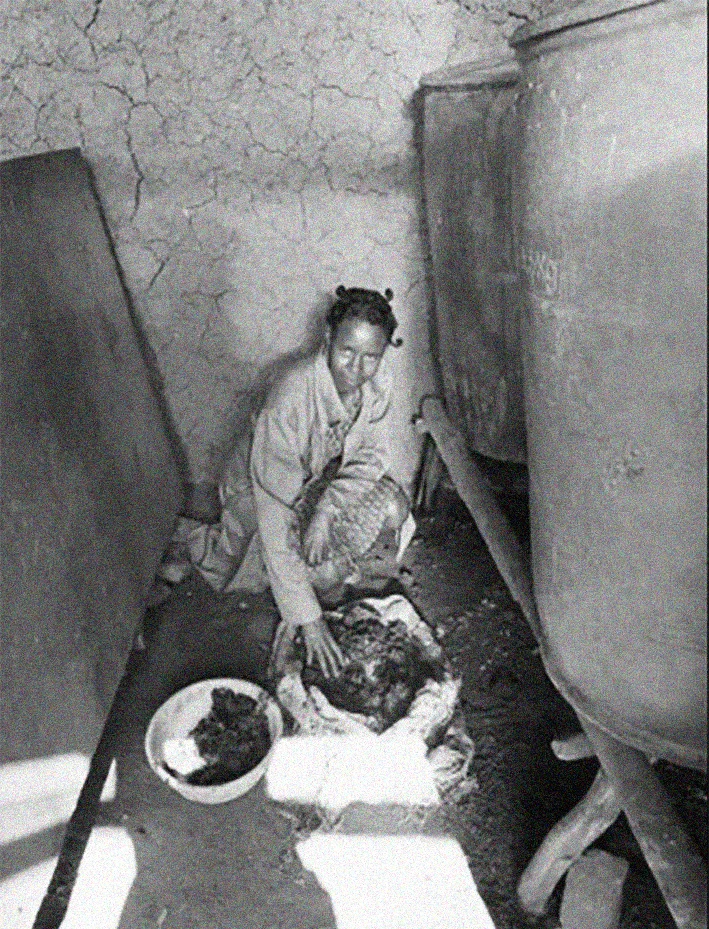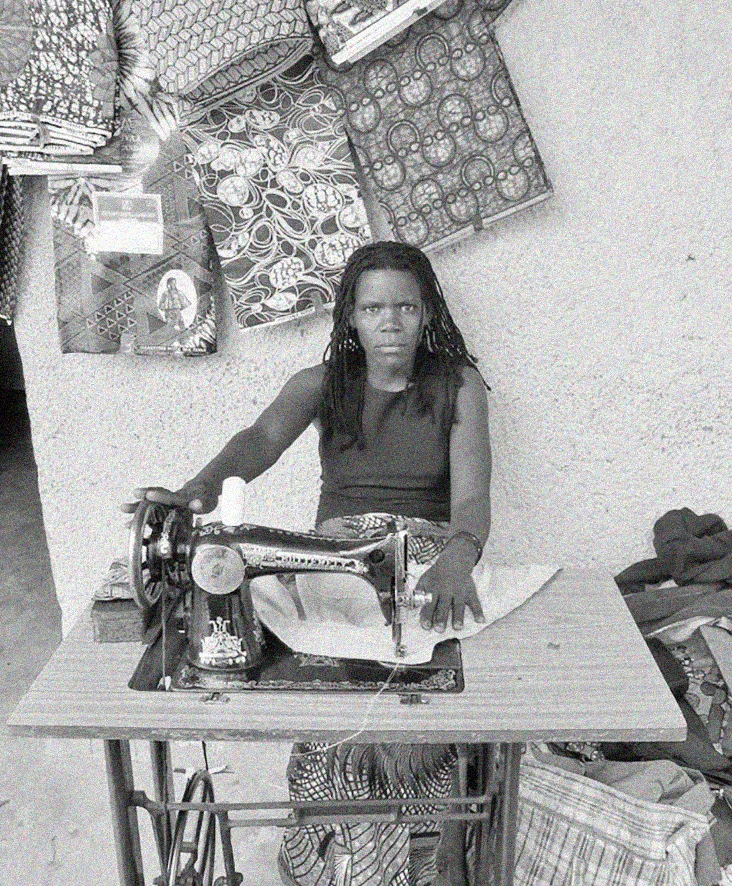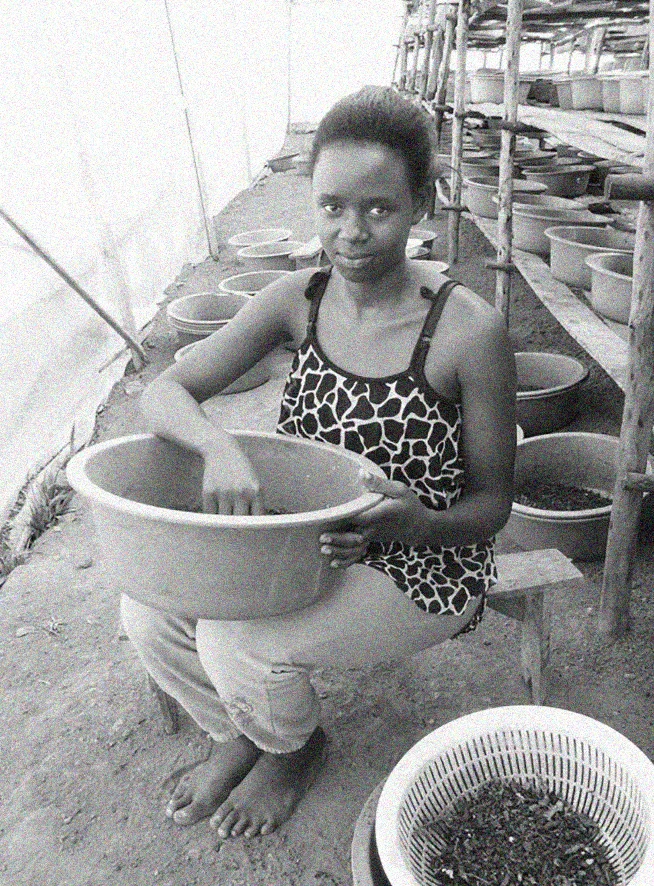The RUNRES project, aims to set a key step in the transformation towards a circular and more sustainable agriculture and waste management. RUNRES will improve the resilience of food systems in four different rural-urban regions across Africa: DR Congo, Ethiopia, Rwanda and South Africa.
While the initial focus is to be on upscaling the innovations that have been evaluated as suitable for upscaling, we aim in parallel at replicating these innovations in different places with new actors. This will take place through public-private partnerships and through the co-development of business plans with the new actors, with the aim of leveraging financial resources from existing business development institutions.
The project is funded by the Swiss Agency for Development and Cooperation (SDC) and entails two main phases: a piloting phase (2019–23) and a scaling-up phase (2023–27).


